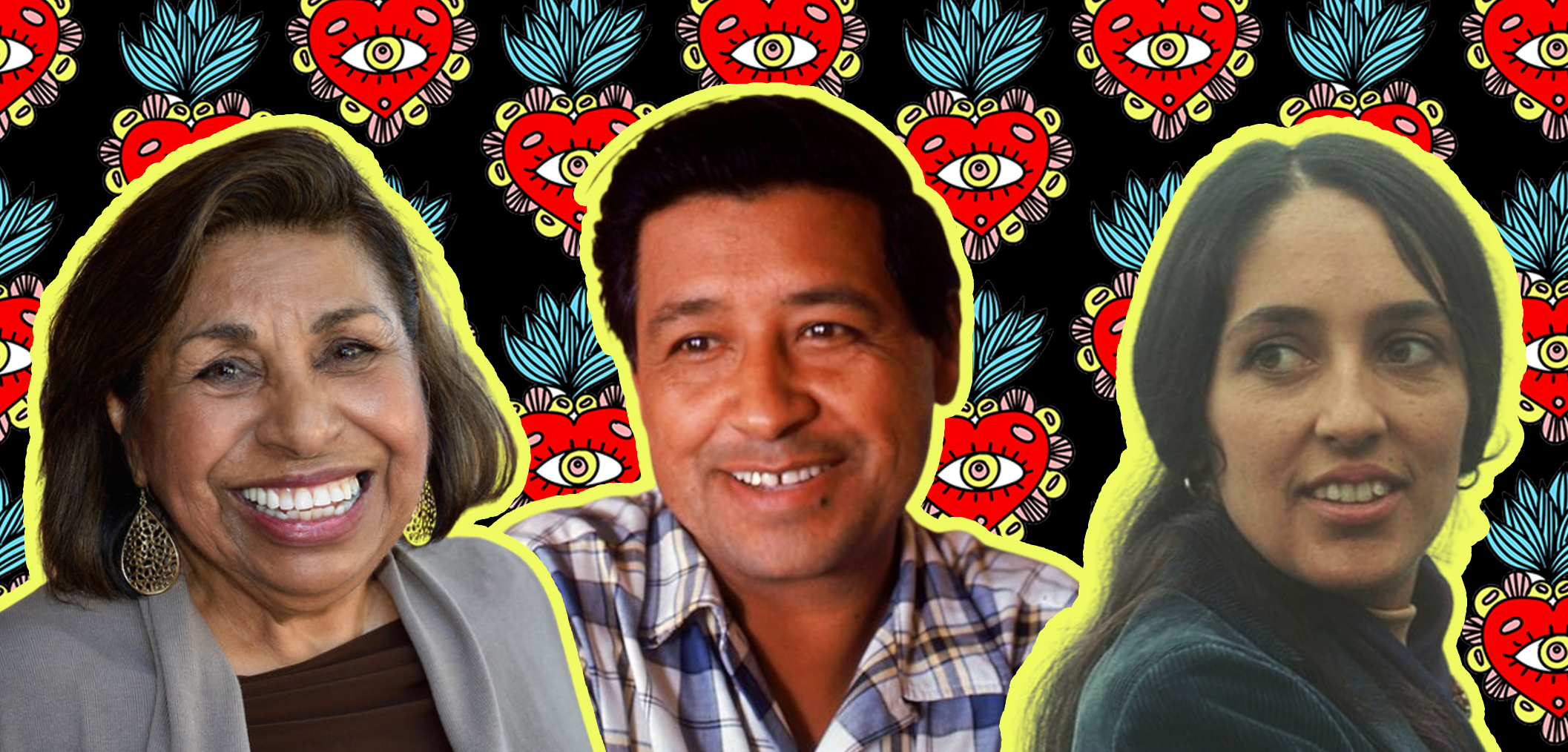This Black History Month, and every month of the year, it’s important to recognize the power of collaboration and banding together against injustices and racism. The prominent Latinx and Black American figures of the past, recognized that there is power in numbers and more importantly, injustice against one people group, is injustice against all people groups.
So, while we keep pointing out that Blackness and Latinidad go together, we’d also be remiss if we didn’t note the long, influential, and powerful relationship between Black American and Latinx communities (Black or not).
The history of Latinx and Black American collaboration can even be traced back as far as the 1800s! For example, Mexico is one of the lesser-known sanctuaries on the Underground Railroad’s routes and Tejanos helped an estimated 5,000 – 10,000 enslaved people escape the United States into Mexico in the 1800s.
With the following brief history on some prominent Latinx figures and their relationships with Black American civil rights, you’ll see the foundations for the strong cross-community allyship that still exists today – one that sends ideas, power, and inspiration both ways.

Senator Dennis Chavez
Senator Dennis Chavez was the first American-born Hispanic senator in the U.S. and represented the state of New Mexico for 27 years. During his time, he tried to establish a permanent Fair Employment Practice Commission. The FEPC was founded by President Franklin D. Roosevelt to prevent discrimination of Black citizens in defense and government jobs in 1941. Of course, there needed to be enforcement to ensure Black Americans were actually being allowed into these jobs and Senator Chavez wanted to pass a bill making the FEPC permanent in 1945. Unfortunately, he was unsuccessful and Congress cut funding to the FEPC, which dissolved in 1946. Senator Chavez was a dedicated fighter of oppression and used his time as a senator to actively defend and uplift the Black community and denounce social injustice.

José “Cha Cha” Jiménez
José “Cha Cha” Jiménez was inspired by the teachings and activism of the Black Panther Party. He wanted the same kind of activism for his Puerto Rican community and went on to be one of the founding members of the Young Lords. The Young Lords was a Chicago gang that was repurposed into activism for civil rights for Puerto Ricans. After making waves with their militant style, modeled after the Black Panther Party, Chairman of the Black Panther Party of Illinois, Fred Hampton, reached out to Jiménez to commend him on the Young Lords’ work. Fred Hampton also mentored Jiménez and the Young Lords, helping them become revolutionaries like the Black Panthers. The Young Lords eventually joined the Chicago chapter of the Black Panther Party, along with the working-class white group the Young Patriots to form an umbrella anticlass, antiracism, social justice group, The Rainbow Coalition in April 1969. But the coalition had a short life, ending in December 1969 when Fred Hampton was shot and killed by the FBI – he was only 21 years old and asleep in his home next to his pregnant wife.

Sylvia Mendez
Sylvia Mendez is a Mexican-Puerto Rican civil rights activist whose monumental lawsuit against Westminster School District was the precursor for Brown v. Board of Education. When she was just eight years old, her family filed a lawsuit against the Westminster School District for denying her and her siblings’ access to an all-white Westminster school. The colossal win effectively desegregated public schools in California in 1947 and was the first U.S. case to rule in favor of desegregation. Mendez v. Westminster heavily influenced future suits like the famous Brown v. Board of Education, which is a major milestone in the Black civil rights movement.

Joan Baez
Joan Baez has a long history of fighting for human rights, whether it be in the US, Asia, or Latin America. She is a New York-born Mexican folk singer who was a prominent artist during the Civil Rights Movement and is well-known for singing alongside Dr. Martin Luther King Jr. during the March On Washington. The song she sang, “We Shall Overcome” was so well received, it was hailed as an anthem for the Civil Rights Movement. She was and continues to be antiwar, still using her famous voice for activism today.

Cesar Chavez
Of course, we have to include the Chicano icon, Cesar Chavez, on this list. Although Dr. Martin Luther King and Chavez never met in person, Chavez was heavily influenced by the reverend’s nonviolent protesting style. In a now-famous telegram, Dr. King commended Chavez for his work fighting for Mexican and Filipino farm workers’ rights. Like Dr. King, Chavez used peaceful methods of protesting like fasting, boycotting, and marching. After Dr. Martin Luther King’s assassination, Coretta Scott King stayed in touch with Chavez. She visited him in jail, joined him in mass, and gave speeches for his cause. Cesar Chavez’s work as a labor leader and environmentalist, along with his co-leader Dolores Huerta, laid the foundation for fair work conditions for migrant workers in the United States, and his inspiration from and relationship with the Black American community showed him what was achievable.

